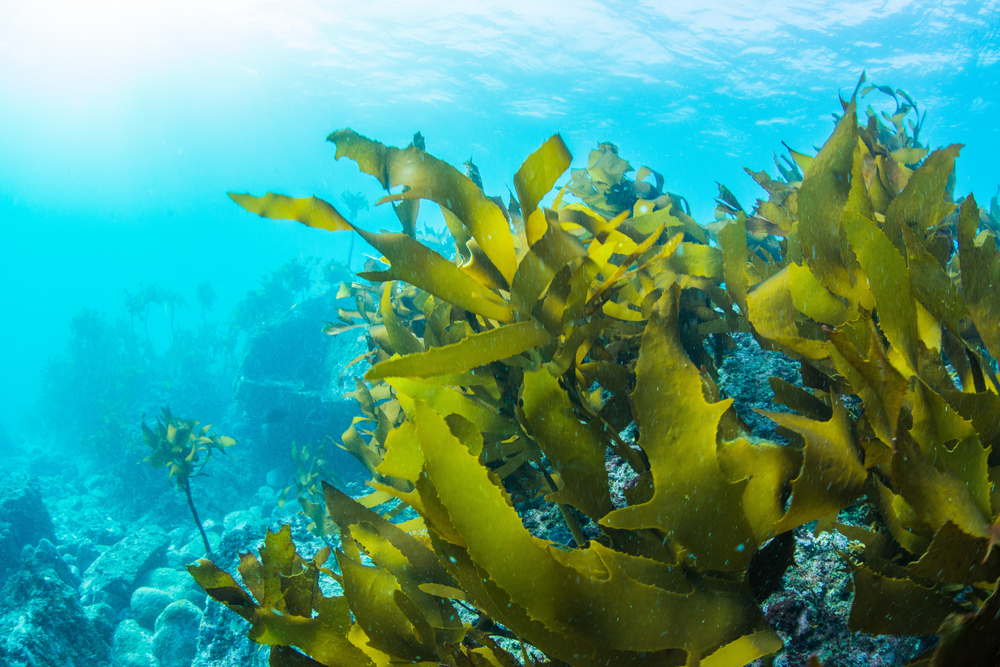Seaweed, a superfood with abundant protein, amino acids and vitamins, is all the rage. In the new Safe Seaweed Coalition, WUR will share knowledge and research on the increasing seaweed production with partners.
The Safe Seaweed Coalition was launched on 17 March by, among others, philanthropist Lloyd’s Register Foundation and the UN Global Compact. WUR researcher Sander van den Burg is a member of the coalition’s advisory council. ‘It is a network organisation that also funds research.’ Van den Burg coordinates the Seaweed by Design research project since January. In this project, protocols for the production of seaweed are developed to ensure its food safety, prevent it from impacting the surrounding nature and warrant the safety of workers on seaweed farms..
Human consumption
‘Seaweed is an emerging industry in Europe’, Van den Burg says. ‘In China, however, seaweed is already cultivated extensively.’ This knowledge is applied in our project, in which researchers from Wageningen, England, Norway and China collaborate.
We want to know whether we can make seaweed safer for consumers
Sander van den Burg
The project focuses on human seaweed consumption and not on the application of seaweed in animal feed, such as the seaweed extract that is used to lower the methane emission of cows, but which Wageningen research has shown to have harmful effects on the cows’ health.
Heavy metals
‘We want to know whether we can make seaweed safer for consumers. Among other aspects, we investigate how many heavy metals the weed absorbs from the seawater. The follow-up question is whether we are able to influence the absorption of heavy metals.’ Other researchers study whether intensive seaweed production extracts too many nutrients from the water, which would affect the marine food-web. This knowledge is to lead to a sustainable seaweed sector.
Much seaweed is produced and consumed in Asia. In the Netherlands, however, the production is modest, says Van den Burg. There are a few producers in the Oosterschelde. But, in the ProSeaweed programme, in which WUR partakes, researchers collaborate on seaweed production with a field lab in the North Sea. The researchers think there is a future for seaweed farms in between off-coast wind turbines. Van den Burg works at Wageningen Economic Research. His focus is on how the seaweed industry is organised and how it may be sustainably expanded.

 Photo: Shutterstock
Photo: Shutterstock